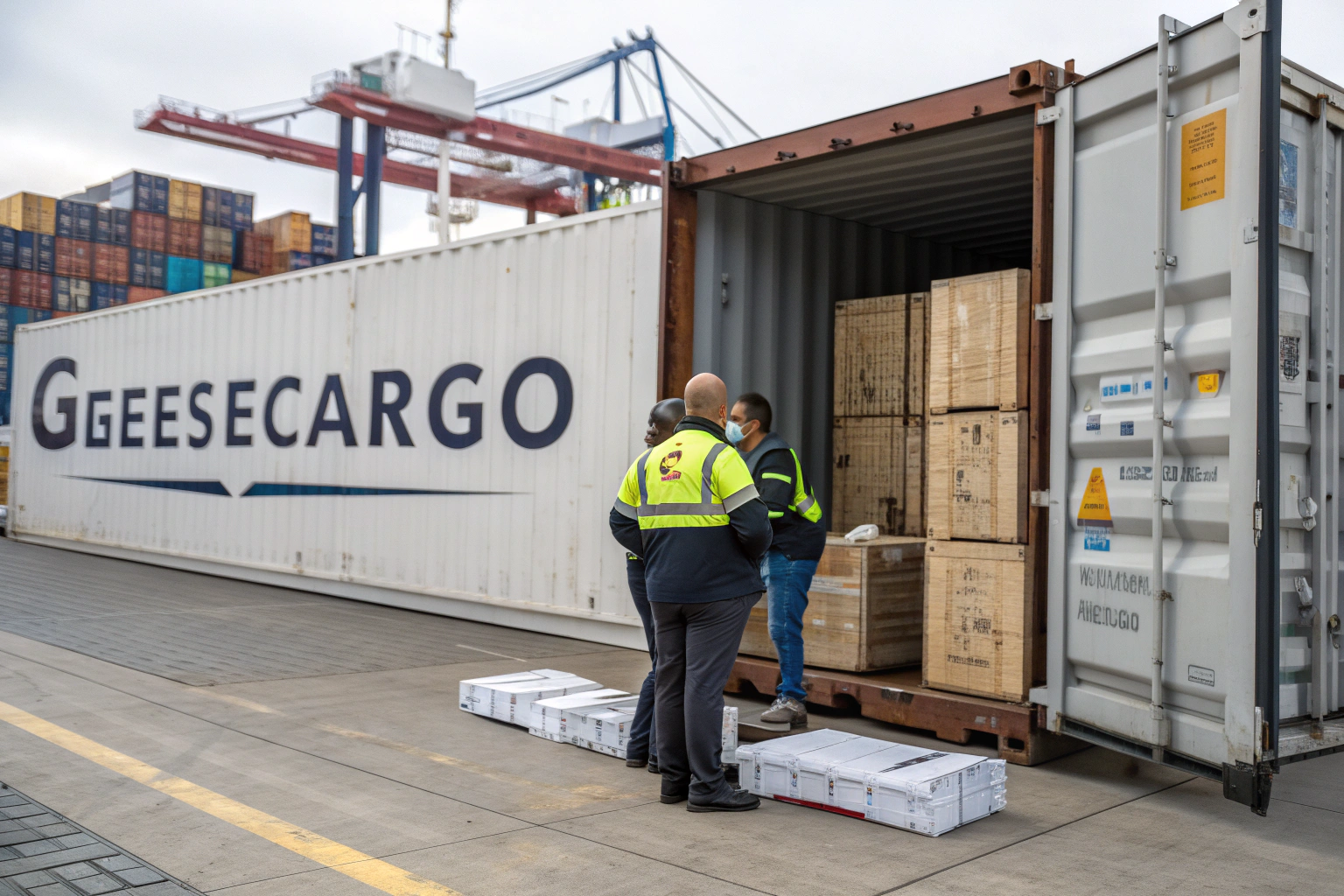As the founder of GeeseCargo with over a decade of experience in China-US logistics, I've seen numerous shipments delayed or seized due to import restrictions. Just last month, one of our clients faced a 30-day customs hold because they unknowingly imported restricted agricultural products. Understanding these regulations is crucial for smooth cross-border trade.
The US restricts various products including hazardous materials, counterfeit goods, certain electronics, protected wildlife products, and items from sanctioned countries. These restrictions are enforced by multiple agencies including CBP, FDA, and EPA, with regulations changing frequently based on trade policies and security concerns.
Navigating US import restrictions requires constant vigilance. New regulations emerge regularly, and existing rules can change overnight. This guide covers the major categories of restricted goods to help you avoid costly customs violations.
Which Consumer Products Face Import Restrictions?
Consumer goods represent the largest category of imported items, yet many common products face unexpected restrictions. Understanding these limitations can prevent shipment seizures and financial losses.
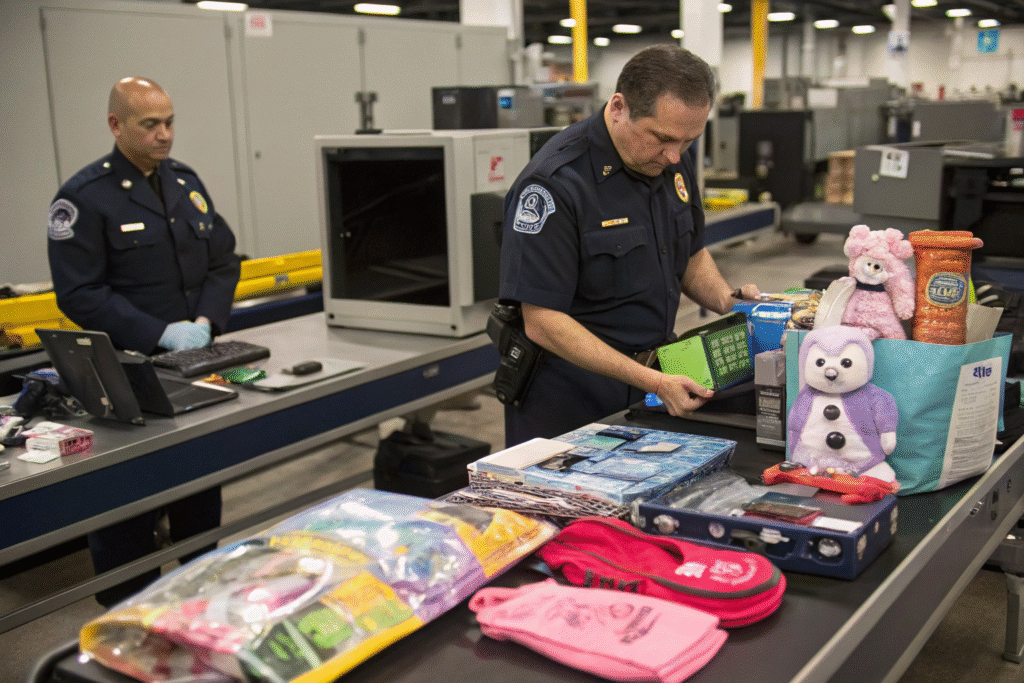
Why Are Some Electronics Restricted from US Import?
Electronic devices must comply with FCC regulations for radio frequency emissions. The Federal Communications Commission requires that electronic devices emitting radio frequencies meet specific standards. Non-compliant devices may interfere with critical communications systems. Many Chinese manufacturers now provide FCC certification for their electronic products.
Wireless devices and charging equipment face particularly strict scrutiny. Products using certain frequencies or power levels require additional testing and certification. The US also restricts electronics from specific Chinese companies deemed national security threats. Importers should verify FCC compliance before shipping any electronic devices.
What Makes Children's Products High-Risk Imports?
Children's products face some of the strictest import regulations in the US. The Consumer Product Safety Commission enforces rigorous safety standards for all items targeting children under 12. These regulations cover everything from toys to clothing and furniture.
Lead content and phthalate restrictions apply to all children's products. The CPSIA requires third-party testing and certification for numerous children's items. Small parts that pose choking hazards are strictly regulated. Importers must maintain detailed documentation proving compliance with all applicable safety standards.
Which Food and Agricultural Products Are Prohibited?
The US Department of Agriculture and FDA maintain extensive restrictions on food and agricultural imports. These regulations protect American agriculture from pests and diseases while ensuring food safety for consumers.
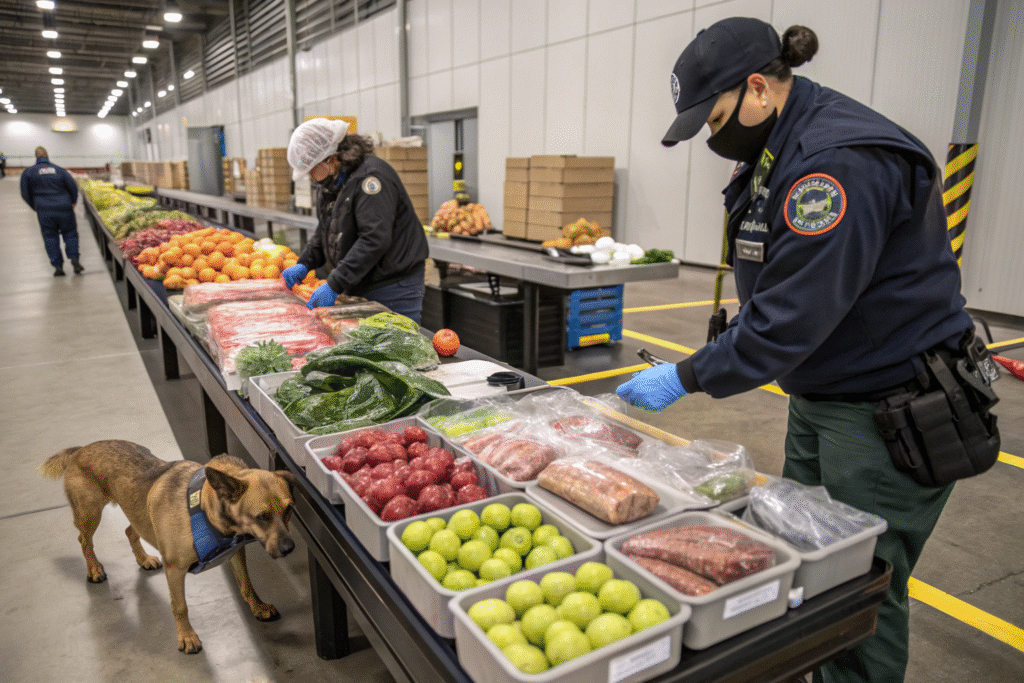
Why Are Many Meat and Dairy Products Restricted?
The USDA restricts fresh meat and dairy imports to prevent animal disease transmission. Countries affected by specific animal diseases face complete bans on relevant products. Even when allowed, meat imports require specific permits and country-of-origin certifications.
Dairy products face similar restrictions with additional pasteurization requirements. Many cheeses made from unpasteurized milk are prohibited from import. The FDA also regulates labeling requirements for all imported food products. Proper documentation is essential for clearing customs with any food shipments.
What Fruits and Vegetables Cannot Be Imported?
Many fresh fruits and vegetables face import restrictions due to pest concerns. The USDA maintains a comprehensive database of prohibited produce items. Citrus fruits from certain regions are typically restricted due to disease risks. Some vegetables may require specific treatment before import approval.
Avocados from Mexico now have special import protocols, while many Asian fruits face complete bans. The Animal and Plant Health Inspection Service issues permits for restricted items. Importers should always check the USDA APHIS website for current regulations before shipping agricultural products.
Which Materials and Substances Face Import Bans?
Various materials and substances face complete import bans or severe restrictions due to environmental and safety concerns. These regulations continue to expand as new research emerges about substance dangers.
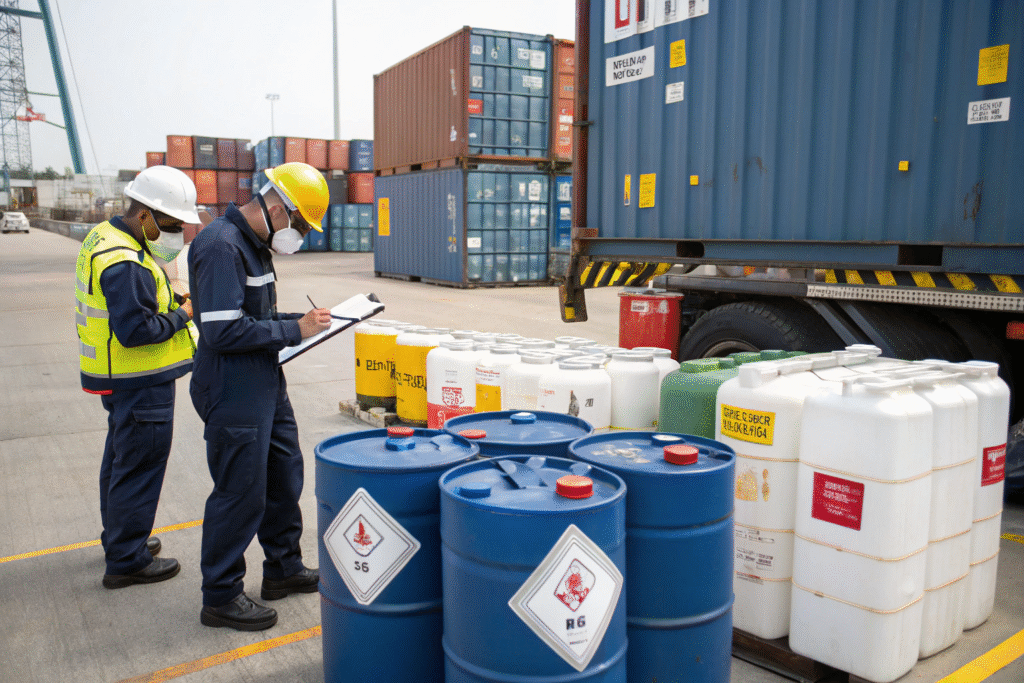
Why Are Many Chemical Products Restricted?
The Environmental Protection Agency regulates chemical imports under multiple environmental laws. The Toxic Substances Control Act restricts numerous chemical substances and mixtures. Many common industrial chemicals require specific import notifications and compliance certifications.
Products containing ozone-depleting substances face particular scrutiny under the Clean Air Act. The EPA maintains lists of restricted chemical substances that are updated regularly. Even common household products may contain restricted chemicals that require special import procedures.
What Makes Battery-Containing Products Problematic?
Lithium batteries face extensive transportation restrictions due to fire risks. Both standalone batteries and products containing them require special handling and documentation. The Department of Transportation and FAA have specific rules for battery transportation.
Many air carriers have additional restrictions beyond regulatory requirements. Some lithium battery types face complete import bans if they don't meet safety standards. Proper testing certification and packaging are essential for any battery-containing products.
How Do Intellectual Property Restrictions Affect Imports?
US Customs and Border Protection actively enforces intellectual property rights at all ports of entry. Importing counterfeit or pirated goods can lead to severe penalties including shipment seizure and financial fines.
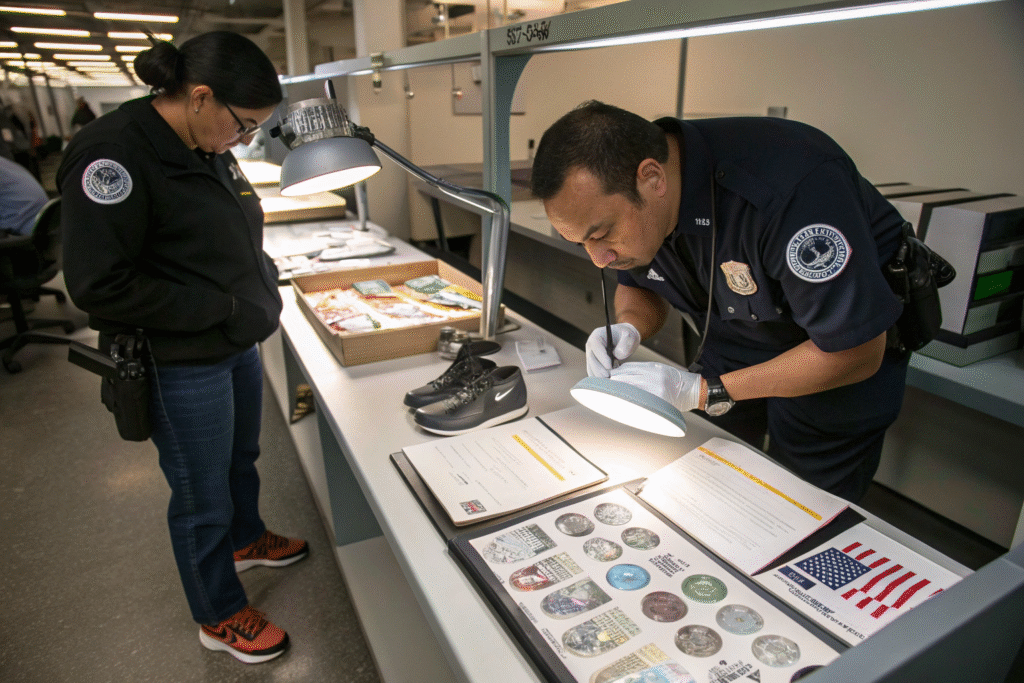
What Constitutes Trademark Infringement?
Importing goods bearing unauthorized US trademarks constitutes infringement. Even genuine products manufactured abroad may violate trademark laws if intended for other markets. The gray market goods doctrine restricts parallel imports in many industries.
Luxury goods, electronics, and clothing represent the most commonly seized counterfeit items. CBP maintains an extensive database of recorded trademarks for border enforcement. Rights holders can record their trademarks with CBP to facilitate border enforcement.
How Do Copyright Restrictions Impact Imports?
Copyright infringement covers unauthorized copies of protected works. This includes software, media, books, and even certain product designs. The Digital Millennium Copyright Act has specific provisions regarding technological protection measures.
Many common products from overseas may unintentionally violate US copyright laws. Even product manuals and packaging can trigger copyright violations. Importers should ensure they have proper licensing for all copyrighted materials contained in their shipments.
Conclusion
US import restrictions continue to evolve in response to changing security, health, and economic concerns. The most reliable approach involves verifying current regulations before each shipment. At GeeseCargo, we maintain updated compliance databases and conduct regular training to help clients navigate these complex requirements. Working with experienced logistics partners who understand these restrictions can prevent costly delays and seizures. Remember that compliance is not just about avoiding penalties—it's about building a sustainable import business that can grow without regulatory obstacles.
The key to successful importing lies in ongoing education and partnership with knowledgeable logistics providers. Regulations will continue to change, but with proper preparation and expert guidance, you can navigate these challenges successfully.
